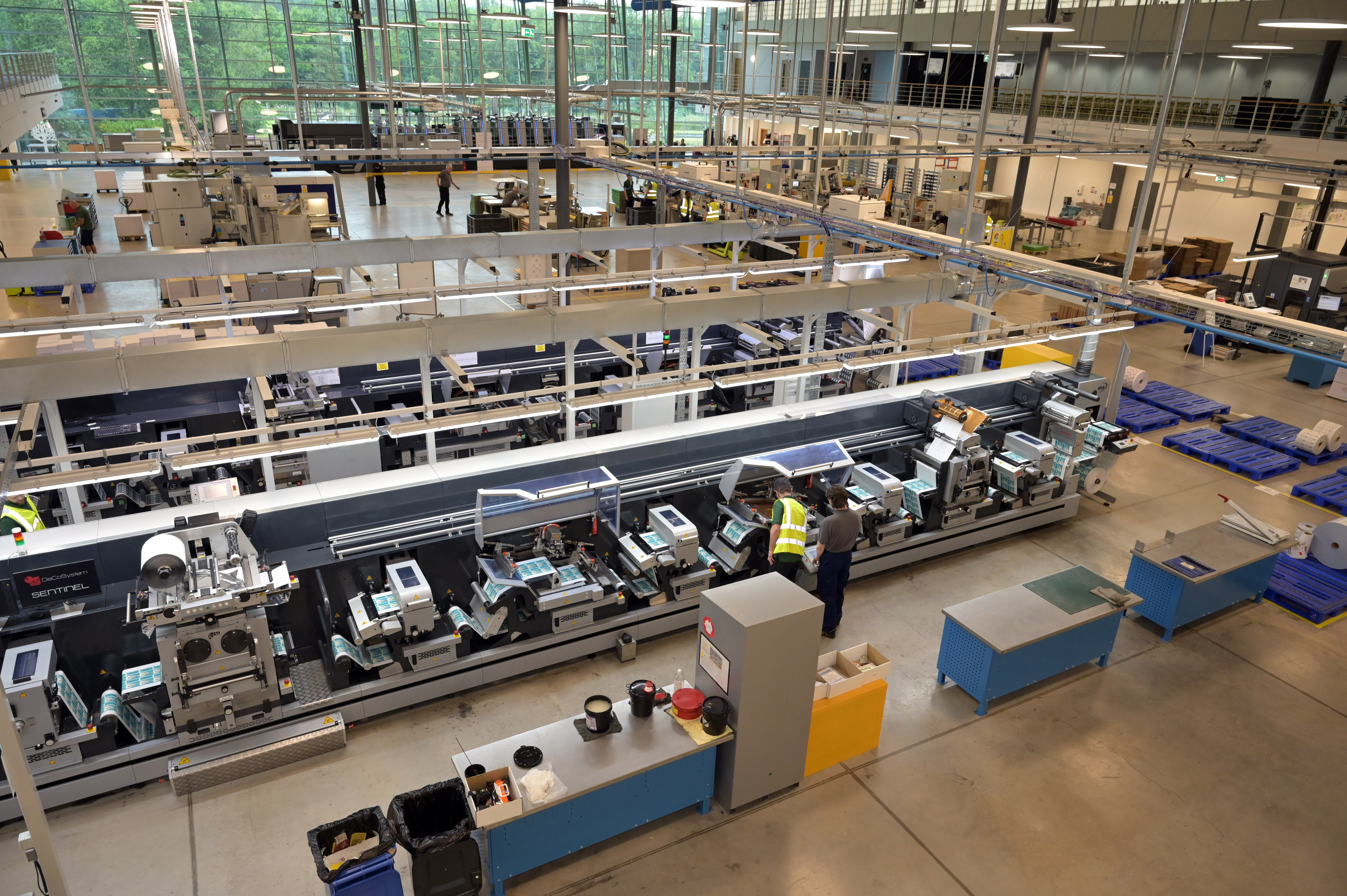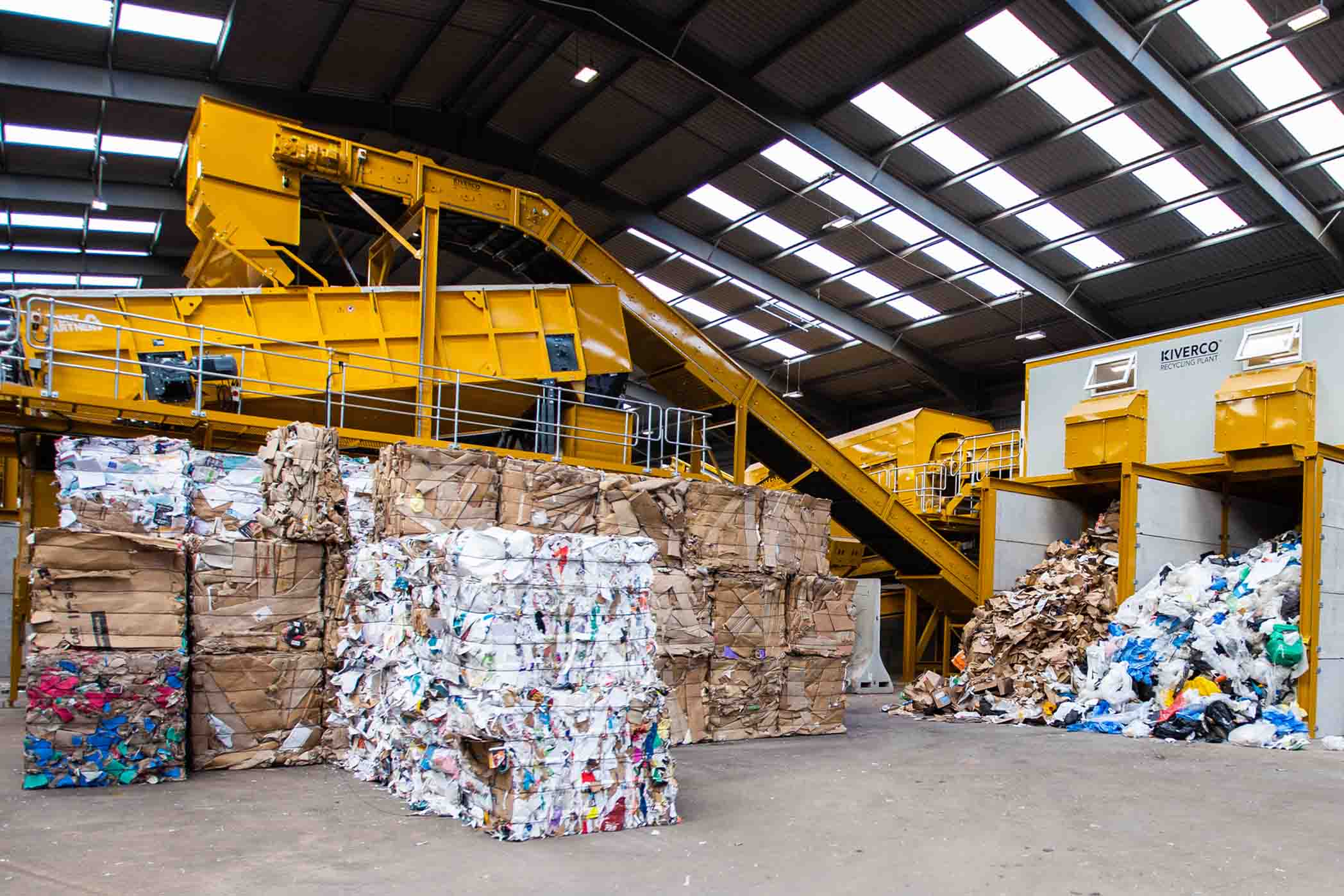
The World Intellectual Property Organization analyzed 131 economies, and for the last ten years, Switzerland has ranked as the world’s most innovative country. The nation specializes in offering innovative solutions to complex global challenges, and has a unique ecosystem for business and investment opportunities. International corporations value Switzerland as an efficient, stable and productive location to grow dynamic businesses. The nation has a liberal economy, political stability, international integration, outstanding infrastructure, focuses on sustainability, and provides a well-structured tax code. In addition, Switzerland consistently excels in advancing technology, fostering academia, and maintaining one of the world’s highest standards of living. For a population of only 8.6 million, it is extraordinary the global impact Switzerland has had on the world.
As a base for operations
As a stable country with an open economy committed to free trade, it is an ideal base to manage international operations. The country actively fosters the development of global business operations, and therefore, the small landlocked nation has been able to attract an impressive quantity of multinational companies. Companies also benefit from Switzerland’s iconic neutrality, and ability to build diplomatic relationships and excellent trade agreements.
Ambassador Christian Dussey, Director of the Geneva Center for Security Policy stated, “Geopolitics can affect organizations in unexpected and dramatic ways with new regulations, sanctions, disruptions of supply chains, and more. The pillars of Switzerland’s competitiveness remain strong into the foreseeable future, including the country’s political stability, security, predictability, prime location, world-leading research and academic institutions, innovation, and digital capabilities. For companies that are worried about continued economic and political upheaval, Switzerland’s stability is attractive.”
“For companies that are worried about continued economic and political upheaval, Switzerland’s stability is attractive.”
Ambassador Christian Dussey,
Director, Geneva Center for Security Policy
Another reason Switzerland excels as a location, is that it is exceptionally well integrated globally. It is not within the European Union (EU), but a free trade agreement with the EU allows for a seamless free movement of goods, services and people. In addition, Switzerland has thirty free trade agreements outside the EU, the capability to negotiate independently, and new agreements are continually being negotiated.
However, a free trade agreement with the USA remains elusive. Switzerland is the seventh-largest foreign investor in the USA, and according to a study by the Swiss think-tank Avenir Suisse, “A free trade agreement would contribute to mutual prosperity and mutual gains.” Swiss-American relations are based on shared social values and historically strong economic interests. Switzerland has a federal government that uses a bicameral system, and the USA and Switzerland are often referred to as sister republics.
In addition to political and economic cooperation, the two republics share similar cultural values. Pro Helvetia Director, Philippe Bischof mentioned, “Swiss art, culture, and values can shift global societal perceptions and encourage diversity. Pro Helvetia seeks to have a role in fostering cross cultural exchanges between the USA and Switzerland. We have ambitions to further develop bonds between the two sister republics. Swiss culture and virtues foment multilateralism, encourage political dialogue, foster bilateral exchanges, and encourage engagement opportunities across cultures.”
“Swiss art, culture, and values can shift global societal perceptions and encourage diversity.”
Philippe Bischof, Director, Pro Helvetia
Business friendly legal framework
Switzerland is known for its business-friendly legal and regulatory framework. Unlike many European countries, Switzerland has a liberal labor legislation that is similar to the USA’s. Switzerland is one of the most federal and democratic countries. All citizens can contest decisions made by parliament. The system is slow, which at times can be problematic; however this process prevents hastily made decisions. This creates political stability, which combined with a positive business attitude, is a solid background for a business ecosystem.
Mr. Philippe Bärtsch, Managing Partner of Schellenberg Wittmer stated, “There is fierce competition between European countries to attract investment, this healthy competition pushes Switzerland to strive to be better. We have developed a unique business ecosystem that is based on trust and predictability which combined with stability makes Switzerland a safe haven for investors. This is a main reason companies build their global operations out of Switzerland.”
Academic excellence
The exceptional Swiss education sector prepares the population to be lifelong learners. This contributes to attracting the best global talent, and aids in the country’s overall attractiveness as a business and investment destination.
According to Professor Dr. Andrea Emilio Rizzoli, Director of IDSIA USI-SUPSI, an artificial intelligence research institute, “There are various reasons why this small country, nestled in the Alps, has consistently ranked as one of the most innovative. A key asset is the Swiss higher education system. Switzerland is home to ETH Zurich and EPF Lausanne, the Swiss federal institutes of technologies, which are among the world’s top-ranked universities. Often unnoticed, in parallel to the traditional universities, there is a whole system of Universities of Applied Sciences offering tertiary education aimed at shaping future professionals. The Swiss system delivers highly skilled professionals capable of tackling every aspect of an innovative company.”
The sector has faced unparalleled challenges in the last year due to COVID-19, but entities have quickly adapted. One example of excellence in the sector is the International Institute for Management Development (IMD). Professor Jean-François Manzoni, President of IMD stated, “Education’s contribution to Switzerland’s overall attractiveness is not to be underestimated. We are not just able to attract the best global talent, we continuously develop it within a unique ecosystem that foments lifelong learning. Swiss education develops resilient leaders who transform organizations, contribute to society, challenge what is, and inspire what could be. Particularly during a crisis like today’s, academia needs to dramatically accelerate the use of technology mediated interactions. As a world leader in executive education, pioneer in corporate leadership development, strategy, and digital transformation, IMD is an ideal example of this transformation. We have adapted quickly, leveraging this opportunity to offer immersive, bespoke experiences.”
Hub for R&D
Switzerland possesses a phenomenal regulatory environment, and remains a high spender for R&D. Innovation is partially financed by the nation through R&D grants given to universities, and used in collaboration with industry to improve products, services and processes. It has become an effective way of ensuring R&D translates into marketable products. In addition, the private sector outspends global averages and consistently churns out new inventions. For instance, the World Wide Web was invented at CERN near Geneva in 1989. This is only one of thousands of innovative Swiss solutions currently tackling global challenges.
Furthermore, Switzerland has more patents per capita than any other European country, with over 900 patents per million inhabitants. Several core companies support this development, including Roche and Novartis in the pharmaceutical and life science sector, ABB within industry, and Nestle in fast-moving consumer goods, in addition to many other multinationals and growing startups.
Growing clusters
Within this ecosystem, Switzerland has fostered the development of strong clusters in manufacturing, finance, life sciences, ICT, and advanced engineering. This has encouraged niche, highly specialized companies to thrive throughout the regions of Switzerland, while catering to high value-added sectors such as biotech, medtech, fintech, cybersecurity, robotics, and industrial design.
Billions of Swiss franc are invested to ensure emerging companies and SMEs grow and flourish within their clusters. In addition to new entrants, technology companies increasingly relocate to Switzerland. Disney, Microsoft and IBM are a few of the companies actively increasing their research operations in the country. Oracle already has its biggest R&D lab globally in Switzerland. Google has its biggest lab outside the USA in Switzerland, and is quickly growing its footprint.
Building a more sustainable world
Swiss companies are cognizant of their global footprints, and therefore are increasingly implementing strict sustainability measures to play their part in building a more sustainable world.
For instance, Bracken Darrell, CEO of Logitech said, “Logitech is committed to being part of global efforts to co-create a more sustainable world. We’ve committed to a 1.5°C climate pledge, are working toward being powered exclusively by renewable electricity, and have neutralized the carbon across our gaming products. We’re also communicating the carbon impact of every product in our portfolio. We were one of the first companies in the world to commit to these carbon transparency labels, and hope many others will follow suit. We are striving to completely neutralize the entire company’s carbon footprint. We’re focused on innovation, quality and sustainability. We know how important this is for generations to come.”
Combating challenges
In the face of the global pandemic, Swiss companies have been able to push forward with new ideas to drive economic recovery, embrace digitalization and diversify. According to Barbara Dalibard CEO of SITA, an information technology services company to the air transport industry, “Switzerland plays a vital role in global mobility needs. Regaining passenger confidence, which is at an all time low due to the pandemic, is a core challenge for the aviation industry. The general public should remember Swiss solutions are being implemented to make global airports, aircraft and borders safer. We are contributing to the installation of disruptive technologies that benefit air transport, enabling mobility through low-touch operations, and offering biometrics for self-service, which automates the entire passenger journey. We aim for touch-less airports to re-instill confidence in traveling during the pandemic.”
“Switzerland plays a vital role in global mobility needs.”
Barbara Dalibard, CEO, SITA
Forward thinking
Head of Presence Switzerland, Ambassador Bideau, stated, “Switzerland’s image abroad is excellent. Switzerland is ranked number one in attracting global talent, as we are well known as an attractive destination to live, work and study. Switzerland is also ranked as the world’s most innovative economy, a major hub for R&D, and placed number seven on the global competitiveness index. Switzerland has many strengths in rather unexpected innovation fields, for instance acting as a space nation and pioneer in drone technology. Our financial services sector is also creating more sustainable financing and green financing for future generations.”
With innovation as the common denominator across all sectors in Switzerland, it is one of the world’s most advanced free-market economies. Swiss innovation is legendary; it changed the world in the past, and will continue to do so in the future.
























